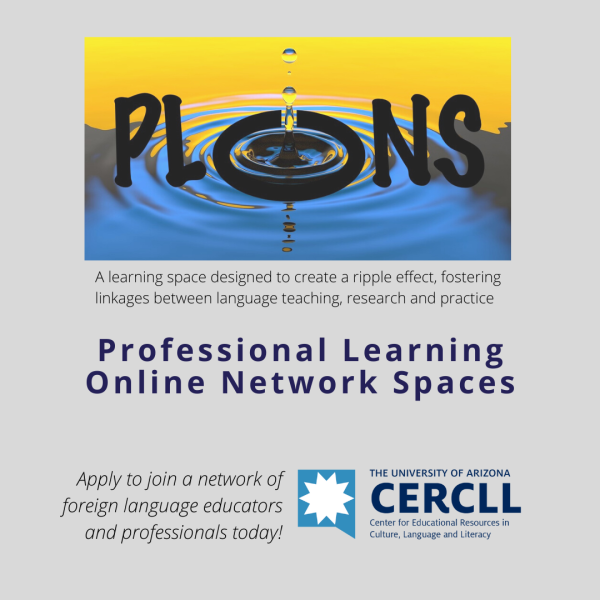
2024 PLONS: Bringing Ungrading to Language Teaching
This PLONS is meant for K-16 language educators who have experience with ungrading (Blum, 2020), or the intentional act of going gradeless (e.g., in a syllabus or course assignment). Existing research on ungrading practices (such as specifications and contract grading) have come from contexts outside of foreign language education; this, in spite of the fact that many language educators have a deep interest in examining their own biases and moving away from “an adversarial relationship between students and teachers” produced by grades and grading hierarchies (Moro, 2020).
Currently, there are limited field-specific resources and materials for K-16 language educators on how they might bring alternative forms of assessment like ungrading to bear in their classrooms (at home or in study abroad) and broader curricula. We thus invite language educators who have developed alternative forms of assessment to join our collaborative PLONS to share and discuss example materials for language educator peers.
Nicole Coleman & Janice McGregor (co-PIs) and Angus Leydic (PhD student in SLAT) will serve as facilitators for the group. Potential participants for Fall 2024 can apply as individuals or as small groups.
Participants will…
-
Work independently and in collaboration with colleagues and facilitators;
-
Share key readings and resources with one another;
-
Share their own alternative curricular materials;
-
Engage in peer discussions on how to support alternative forms of assessment being brought into a variety of language teaching and learning contexts;
-
Have the option to publish a short vignette about their project in the format of their choice and/or publish their ungraded assignment/lesson/curricular example online as part of our aim to create resources for all language educators.
The specific focus of this PLONS will be determined through discussions among participants, but will be guided by the following essential questions:
-
What are some of the benefits and challenges of integrating ungrading approaches into language teaching and learning?
-
What assignments, classes, contexts, approaches are best-suited to this work? How do we begin/continue this work?
-
What activities work best to bring ungrading approaches to bear in the language classroom? How can we connect these approaches to learning goals that are specific to language and culture classrooms?
Some important dates
-
August 15, 2024: Applications due
-
August 26, 2024: Notification of acceptance
-
September – November, 2024: Introductions, Sharing Resources and Materials, Discussing and Networking
-
November 2024: ACTFL Meet-Up (optional)
-
Early December 2025: Collection of Vignettes
-
ACTFL 2025: Panel Submission (optional)
-
December – May 2025: Optional Continuation in Support of PLONS 2
-
May 2025: Collection of Second Vignettes
Preparation of Work to Publish in Online Archive -
November 2025: ACTFL Meet-Up and Panel (goal, optional)
APPLICATION INFORMATION
Applications will be submitted via email to jmcgregor@arizona.edu or ncoleman@wayne.edu.
You will be asked to provide the following details:
Individual Applications
-
Your name and email address
-
A description of your background as an educator: indicate whether you are school-based, district-based, or community-based, languages and levels you teach. (maximum 100 words)
-
In brief, what most interests you about this PLONS? What are your experiences with ungrading?
-
What experiences (if any) have you had with online groups/networks?
Group Applications
-
Name and email address of primary contact person
-
Names and email addresses of all other members of the group
-
A description of your group: indicate whether your group is school-based, district-based, or community-based and whether the group has a past history together and previous relationships or is newly formed. Also include which languages and levels you teach. (maximum 100 words)
-
In brief, what most interests you about this PLONS? What are your experiences with ungrading?
-
What experiences (if any) have you or the members of your group had with online groups/networks?
Apply by August 15 by sending an email with the required information, to jmcgregor@arizona.edu or ncoleman@wayne.edu.

